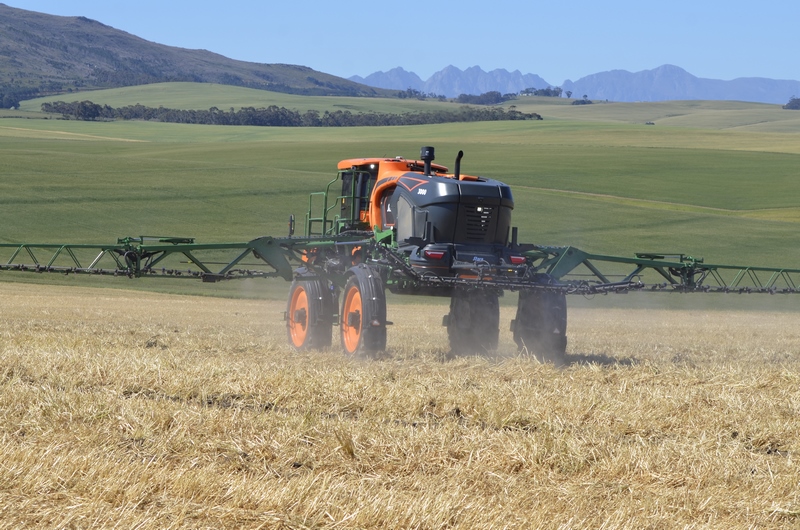Speaking at the Roodebloem Farmers’ Day, held recently on 25 September 2025, Minister of Agriculture John Steenhuisen (MP) reminded farmers that while the challenges facing the sector are very real, the future also holds opportunities that can be unlocked through innovation, collaboration, and resilience.
Under the theme “The Future of Agriculture in South Africa – Challenges and Opportunities”, Steenhuisen acknowledged the pressures created by drought, rising input costs, and global price shocks. He stressed that these obstacles should not define the sector’s trajectory, noting that South Africa’s farmers have consistently shown the ability to adapt and thrive despite adversity.
Policy Shifts to Unlock Growth
The Minister outlined several measures aimed at strengthening the sector. Chief among these is the automation of the wheat tariff system, which he described as urgent and essential. “This is not just a technical adjustment,” Steenhuisen said. “In a year like this one, with drought in the Overberg and international prices under pressure, tariff automation is about survival.”
Another priority is cultivar innovation. Steenhuisen emphasised the need to relax certain release criteria, allowing for the introduction of higher-yielding varieties, while at the same time investing in new resilient cultivars, particularly white wheat, that combine yield potential with quality and long-term sustainability.
“We need cultivars that are more productive and resilient, without losing sight of quality,” he explained. “That is where science meets farming, and where our long-term competitiveness will be won or lost.”
Importantly, the Minister highlighted that these support measures must extend beyond wheat to include other strategic crops such as barley and canola. Both are critical to local brewers, oilseed processors, and feed industries. Ensuring their competitiveness through improved cultivars, fairer transport differentials, and stronger protection against global price shocks is essential for unlocking new opportunities across all grain value chains.
Steenhuisen also underscored the importance of preparing for a world where protective trade measures are making a comeback. This, he argued, means motivating for stronger tariffs when necessary to defend South African producers, while ensuring transport cost structures do not disadvantage inland farmers compared to their coastal counterparts.
A Spirit of Resilience
While the Minister acknowledged that it often feels as though challenges outweigh opportunities, he pointed to the resilience of farming communities as a source of hope. Every hectare of wheat, barley, or canola not only contributes to food security, but also sustains jobs, families, and rural livelihoods.
“The Overberg has always been known for its resilience,” Steenhuisen said. “Generations of farmers here have weathered droughts, low prices, and global shocks, yet time and again, they have bounced back stronger. If government and farmers stand together, the fields of this region – and indeed across South Africa – can continue to provide not only bread, but also opportunity for a brighter agricultural future.”
